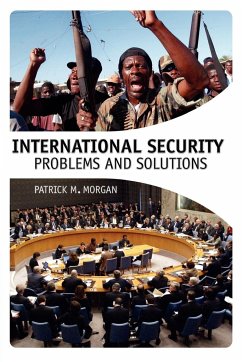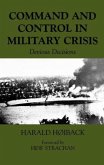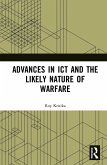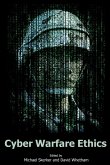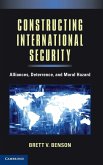Conflict--be it war between states, ethnic violence, civil war, or terrorist activity--endures, despite immense efforts to end it. How do states cope with conflict, minimize future threats, and reduce the risk of insecurity? Morgan outlines a spectrum of solutions states use to manage violent conflict, ranging from strategies that individual governments enact largely on their own, such as distribution of power, deterrence, or arms control, to those such as collective security and multilateralism that are more global in nature. The book progresses into tactical and practical actions, from negotiation and mediation to peace imposition. Morgan evaluates each strategy and tactic in terms of how well it addresses three levels of security--systemic, state, and societal--to show how they are interrelated and complementary to each other in important ways. Addressing insecurity at one level often elicits further insecurity at another. Morgan shows students how these various levels interact-either to a state&BAD:rsquo;s advantage or to its detriment-so they can comprehensively analyze the ways that political actors manage (or incite) conflict.Useful pedagogical features help students master the material:Terms and Concepts boxes go beyond simple definitions and provide students with a concept&BAD:rsquo;s evolution over time or the controversy surrounding the meaning of a certain term.Cases and Context boxes offer needed background and interesting detail about pivotal cases of conflict, both historical and contemporary in nature.Key terms are bolded throughout and compiled in a glossary.Annotated bibliographic essays at the end of each chapter point students to additional sources for further study.
Hinweis: Dieser Artikel kann nur an eine deutsche Lieferadresse ausgeliefert werden.
Hinweis: Dieser Artikel kann nur an eine deutsche Lieferadresse ausgeliefert werden.

